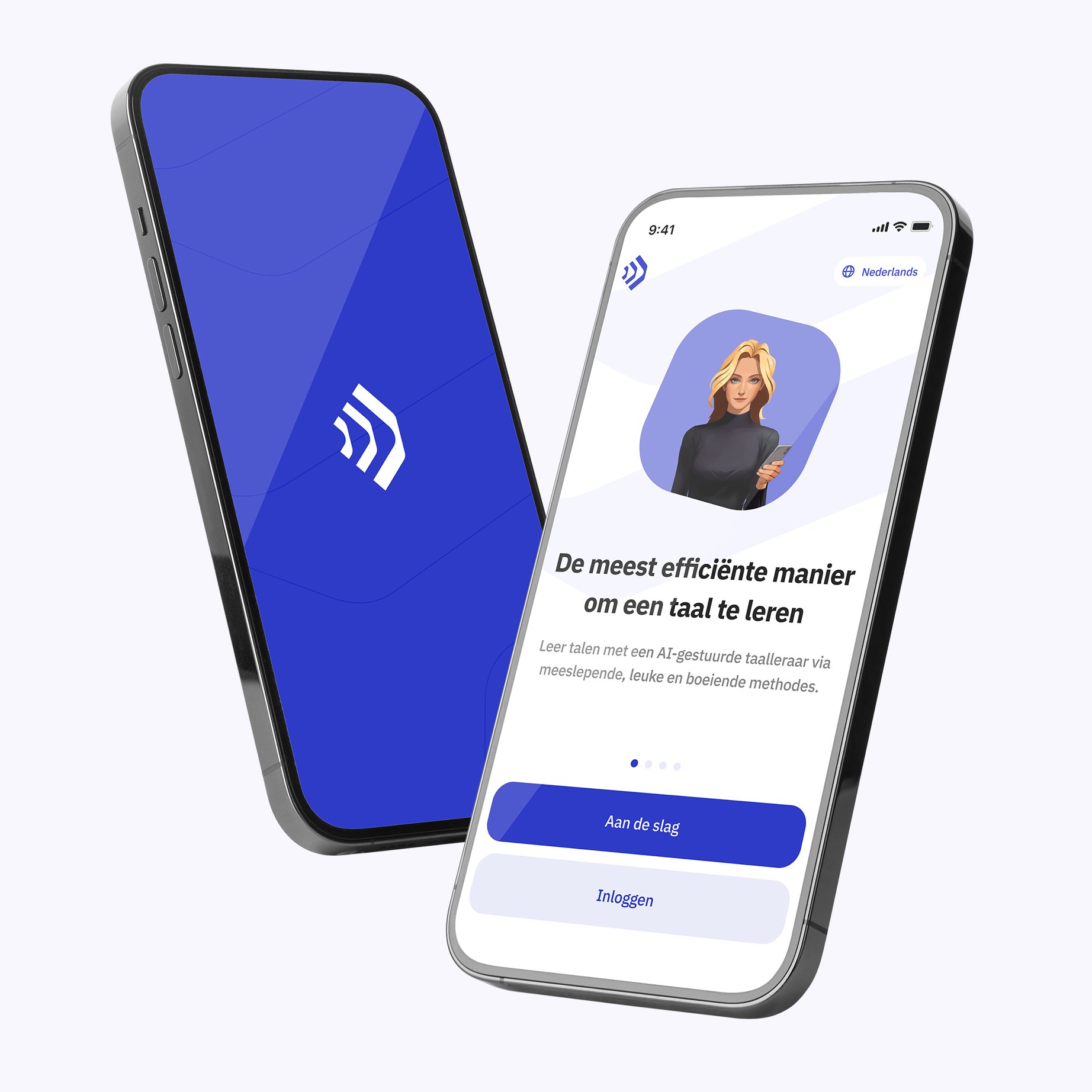Toekomstige progressieve oefeningen – Deel 1
2. Yeye *atakuwa* akisoma kitabu kesho jioni. (Gebruik “atakuwa” voor “hij/zij” in de toekomst progressief)
3. Sisi *tutakuwa* tukicheza mpira baadaye. (Toekomstige progressieve voor “wij” is “tutakuwa”)
4. Wewe *utakuwa* unafanya kazi kesho asubuhi. (Toekomstige progressieve vorm voor “jij” is “utakuwa”)
5. Wanafunzi *watakuwa* wakijifunza somo jipya kesho. (Gebruik “watakuwa” voor “zij” in de toekomst progressief)
6. Baba yangu *atakuwa* anapanda mlima wiki ijayo. (Toekomstige progressieve vorm “atakuwa” voor “hij”)
7. Mimi *nitakuwa* nikiandika barua kesho. (Gebruik “nitakuwa” voor “ik”)
8. Watoto *watakuwa* wakicheka wakati wa sherehe. (Toekomstige progressieve voor “zij” is “watakuwa”)
9. Mwalimu *atakuwa* akifundisha darasani kesho. (Gebruik “atakuwa” voor “hij/zij”)
10. Sisi *tutakuwa* tukisafiri kwenda mji mwingine kesho. (Toekomstige progressieve voor “wij” is “tutakuwa”)
Toekomstige progressieve oefeningen – Deel 2
2. Wewe *utakuwa* unakula chakula cha mchana kesho. (Gebruik “utakuwa” voor “jij” in de toekomst progressief)
3. Yeye *atakuwa* akifanya mazoezi baadaye. (Toekomstige progressieve vorm voor “hij/zij” is “atakuwa”)
4. Wetu *tutakuwa* tukifanya kazi pamoja kesho. (Toekomstige progressieve voor “wij” is “tutakuwa”)
5. Watoto *watakuwa* wakicheza kwenye bustani kesho. (Gebruik “watakuwa” voor “zij”)
6. Mzee *atakuwa* anasoma gazeti kesho asubuhi. (Toekomstige progressieve vorm “atakuwa” voor “hij”)
7. Mimi *nitakuwa* nikiangalia televisheni wakati wa hafla. (Gebruik “nitakuwa” voor “ik”)
8. Sisi *tutakuwa* tukisafisha nyumba kesho jioni. (Toekomstige progressieve voor “wij” is “tutakuwa”)
9. Wewe *utakuwa* unajifunza somo jipya kesho. (Gebruik “utakuwa” voor “jij”)
10. Wanafunzi *watakuwa* wakijiandaa kwa mtihani kesho. (Toekomstige progressieve vorm voor “zij” is “watakuwa”)










